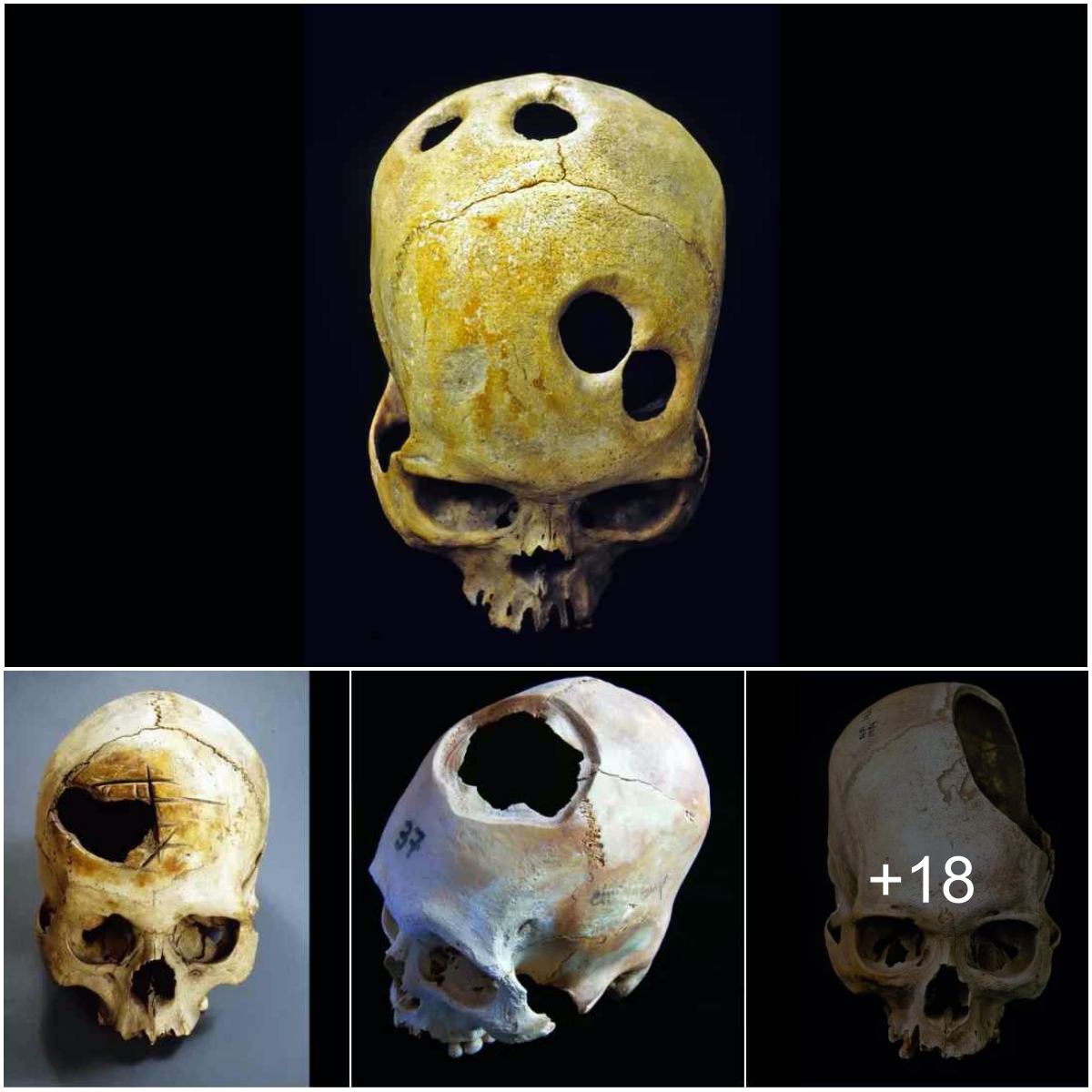Called the Medieval Crime Museum (Kriminalmuseum), it houses a wide range of torture instruments from ancient times.
Walking through the deserted streets of downtown Leipzig (Germany), tourists will be surprised to find a museum in a dark corner among fast food shops and not far from the birthplace of composer Richard Wagner. Called the Medieval Crime Museum (Kriminalmuseum), it houses a wide range of torture instruments from ancient times.

An artifact with the German name Das Streckbett on display at the Kriminalmuseum
Operating in Leipzig since 2010, most of the artifacts here are from private collections and there are tools made in the 12th century. Although some wooden parts have been repaired or replaced, all the metal parts remain intact. Visitors will not be able to take their eyes off the barbaric tools designed to inflict terrible pain on people.

A chair filled with sharp spikes that is used to interrogate the victim.
This museum doesn’t have too many instructions and notations, but viewers also don’t need to read the guidebooks to feel the brutality of the artifacts here. Most of the artifacts were displayed with pictures or illustrations of their use, as many tools were not easy for people of the time to operate. Details of criminals who were punished with instruments of torture, such as saws used to punish homosexuals, are also described.



Some other torture tools are simple in design but can cause extreme pain to the victim.
As a city rich in medieval traditions, Leipzig has no shortage of museums with historical themes, and places like the Kriminalmuseum always attract many visitors. The collection of this museum has a heavy air, everything seems rusty and very heavy. Museum curators also point out that despite being so barbaric and ancient, these forms of torture may still be practiced around the world today.





